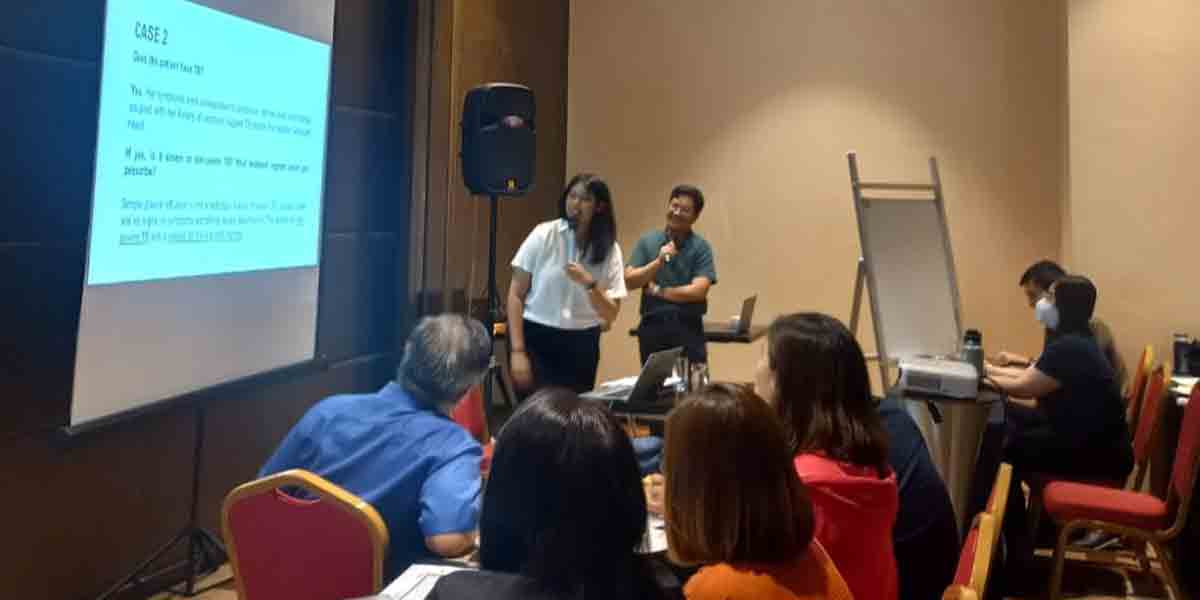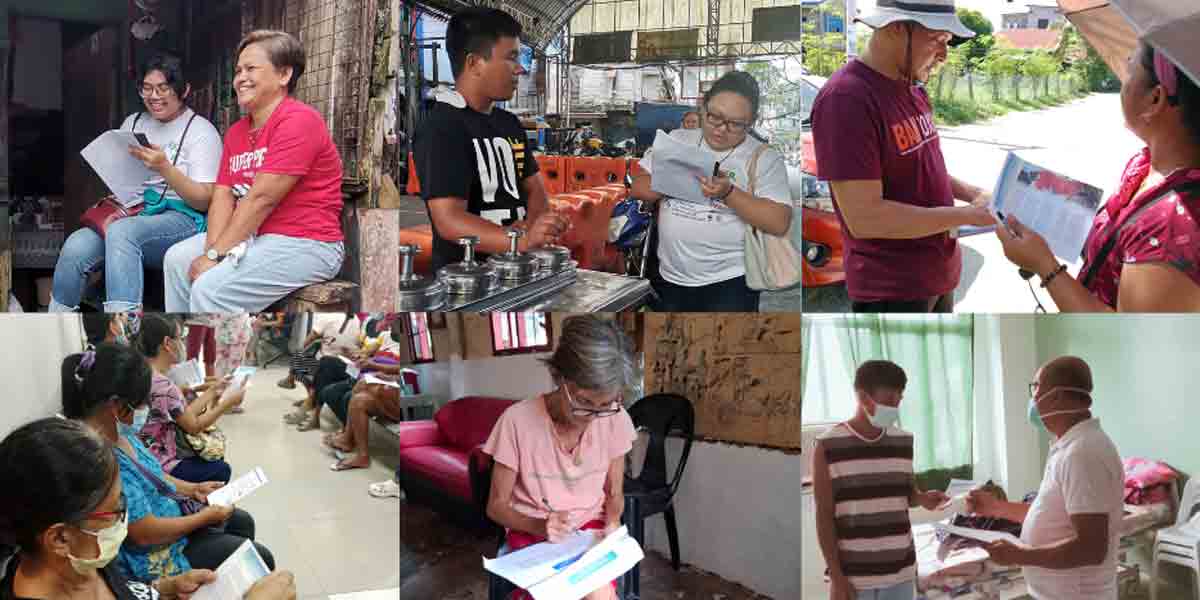 By Alex P. Vidal
By Alex P. Vidal
“We will never see a day when women of means are not able to get a safe abortion in this country.”—Ruth Bader Ginsburg
FILIPINOS must also pay attention to some of the major and controversial issues being tackled and developing in the United States nowadays prior to the November 3 Presidential Election because some of these issues aren’t only relevant, but will also affect many of us in one way or the other.
For instance, it’s a common knowledge that when some Philippine celebrities, politicians and VIPs are embroiled in scandals like unwanted pregnancies and illicit affairs and they want to keep the “putridity” under wraps, they fly to the U.S. where they believe their problems will have a permanent solution.
Like abortion.
With the most recent appointment of Judge Amy Coney Barrett to the U.S. Supreme Court after the death of Justice Ruth Bader Ginsburg, 87, the liberals, especially those who invoke their constitutional right to access safe and legal abortion, fear the Roe v Wade will be overturned or further eroded once the conservatives will become the majority in the Supreme Court.
President Donald Trump named 48-year-old Barrett to the SC on September 26, setting in motion a rush by Republicans to cement a conservative majority on the court on the eve of a tense and potentially disputed U.S. election.
-o0o-
Barrett “will defend your God-given rights and freedoms,” Mr. Trump told the crowd in Middletown, where supporters enthusiastically received news of her nomination.
Senate Judiciary Committee hearings to consider Barrett’s nomination are expected to begin October 12.
If confirmed, Barrett will fill the seat of late liberal justice Ruth Bader Ginsburg, likely steering the court to the right for years, expanding the current conservative wing’s sometimes shaky 5-4 advantage to a solid 6-3.
A majority of Americans—by 57 to 38 percent—oppose the push for confirmation before the election, according to a Washington Post/ABC poll.
Roe v. Wade was decided by the Supreme Court on January 22, 1973.
A 1973 U.S. Supreme Court case, Roe v. Wade, affirmed that access to safe and legal abortion is a constitutional right.
According to Planned Parenthood, 73 percent of Americans don’t want to see Roe v. Wade overturned.
Planned Parenthood fears one-third of all women of reproductive age in America could lose the ability to access abortion in their state once Roe v. Wade has been overturned.
-o0o-
“The data is clear: Despite attacks on our rights, Americans support Roe v. Wade and the constitutional right to access abortion,” Planned Parenthood bewailed.
It added: “Roe wasn’t the beginning of abortion in America. The ruling allowed people to access abortion legally and prevented people dying from unsafe, illegal abortions, as happened before Roe v. Wade.”
It explained that “in 1965, illegal abortions made up one-sixth of all pregnancy-related deaths—and that’s just according to official reports; doctors think the actual number was a lot higher.”
Prohibition of legal abortion particularly hurt people with low incomes; a survey conducted in the 1960s found that among women with low incomes in New York City who had obtained an abortion, eight in 10 had attempted a dangerous, self-induced procedure, added the Planned Parenthood.
“Now that abortion is a legal right thanks to Roe, it’s become one of the safest medical procedures in the United States—with a safety record of over 99 percent,” Planned Parenthood further stressed. “Also, because abortion is legal, people who decide to have an abortion can receive support throughout the process from medical professionals.”
Advocates of Roe v Wade insist that “the right to safe and legal abortion has been the law of the land for more than 45 years, and is a part of the fabric of this country. Roe v. Wade is clearly established precedent, and it shouldn’t be up for debate. Yet opponents of abortion have made it increasingly difficult for people to access—and these threats are not slowing down.”
(The author, who is now based in New York City, used to be the editor of two dailies in Iloilo)





















